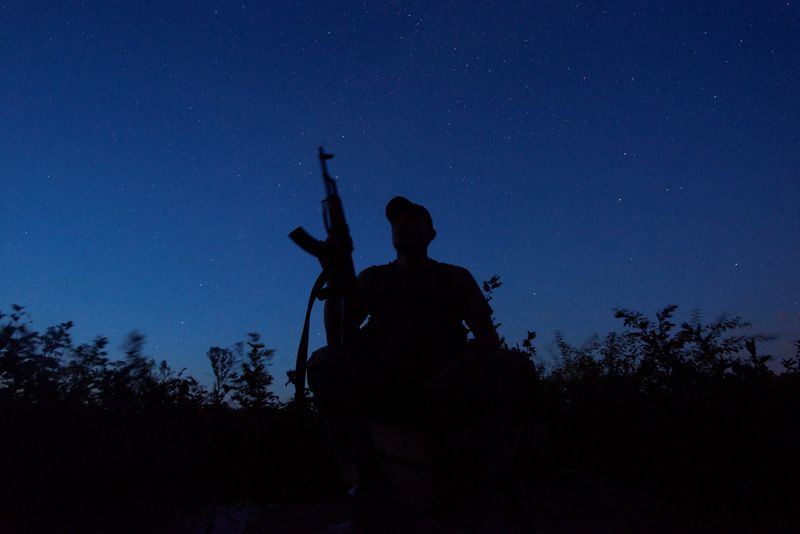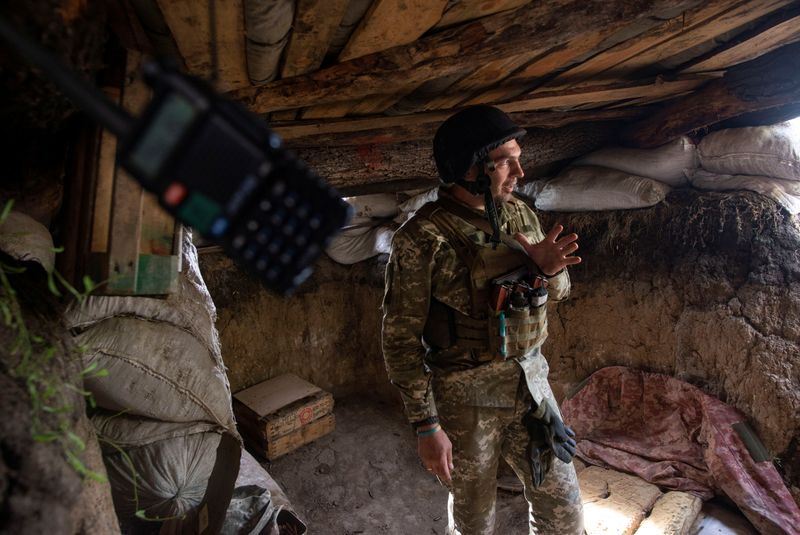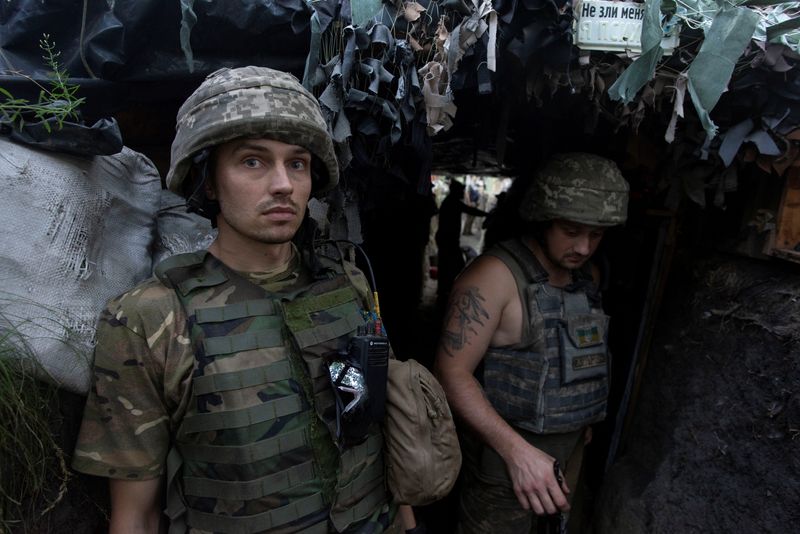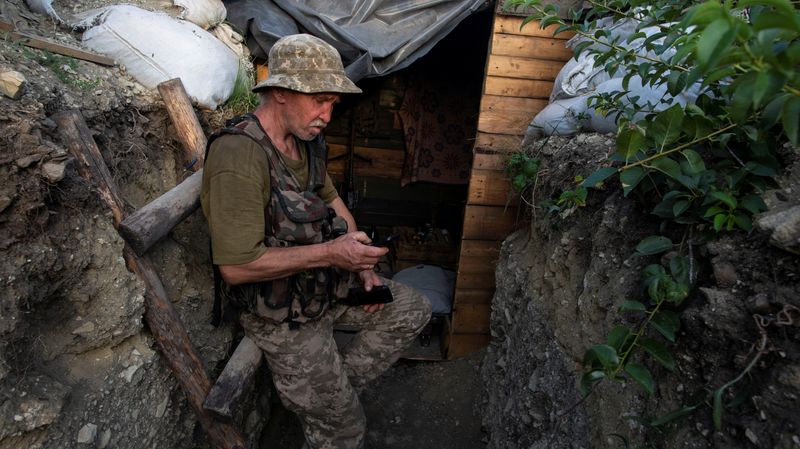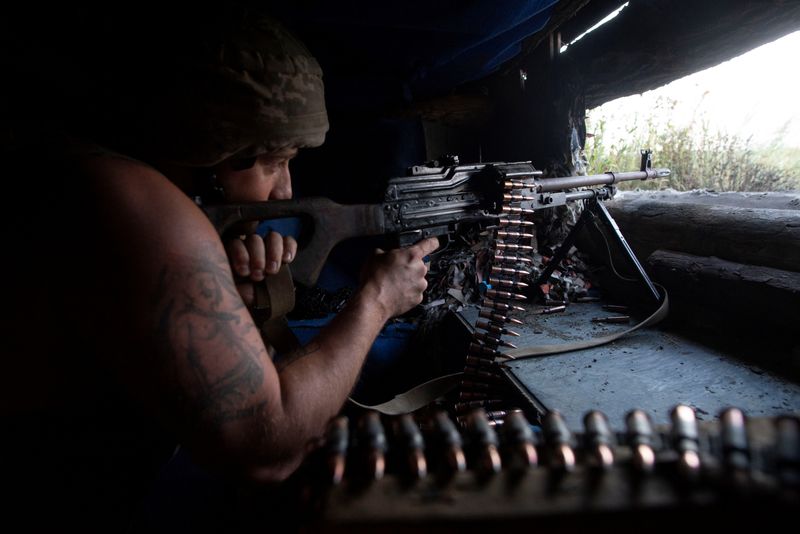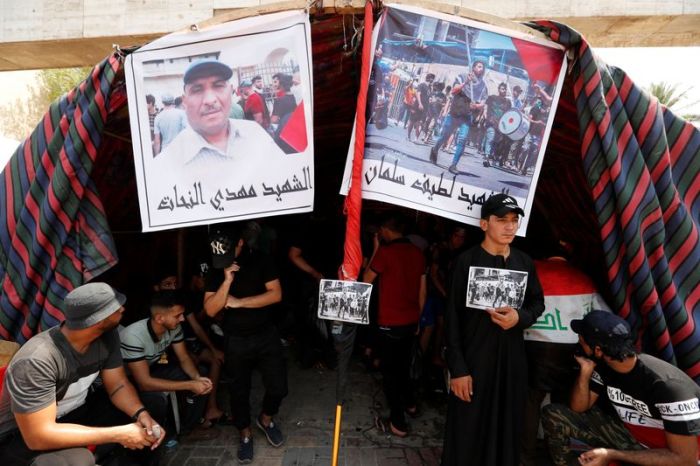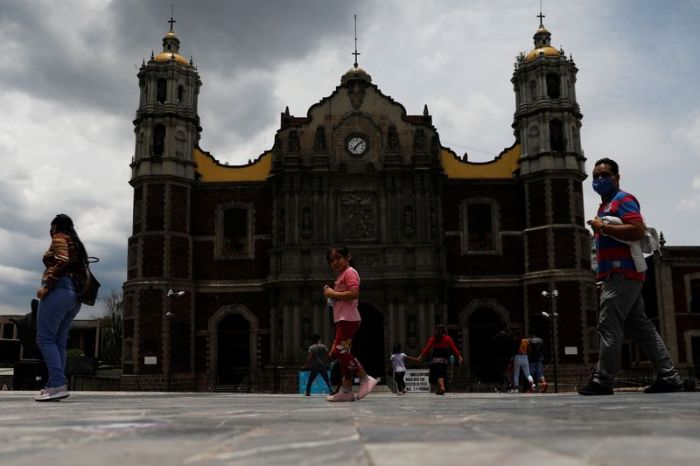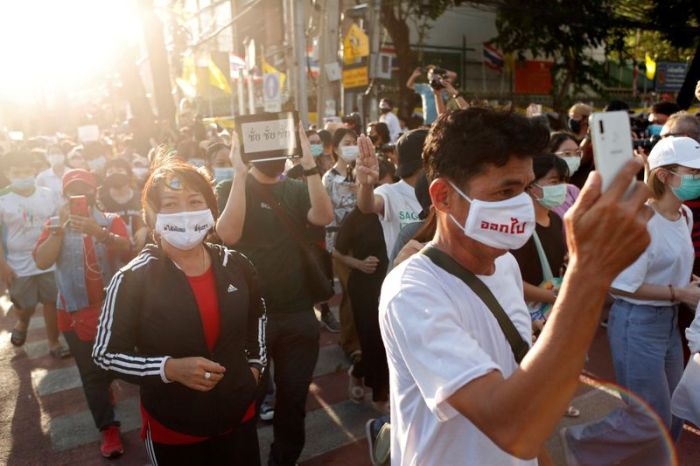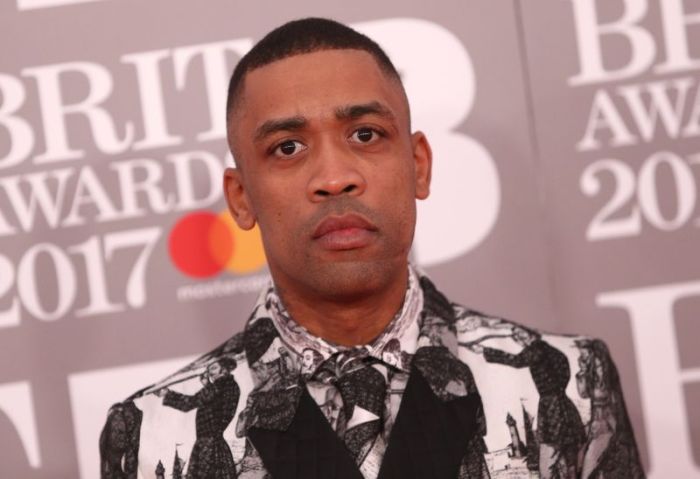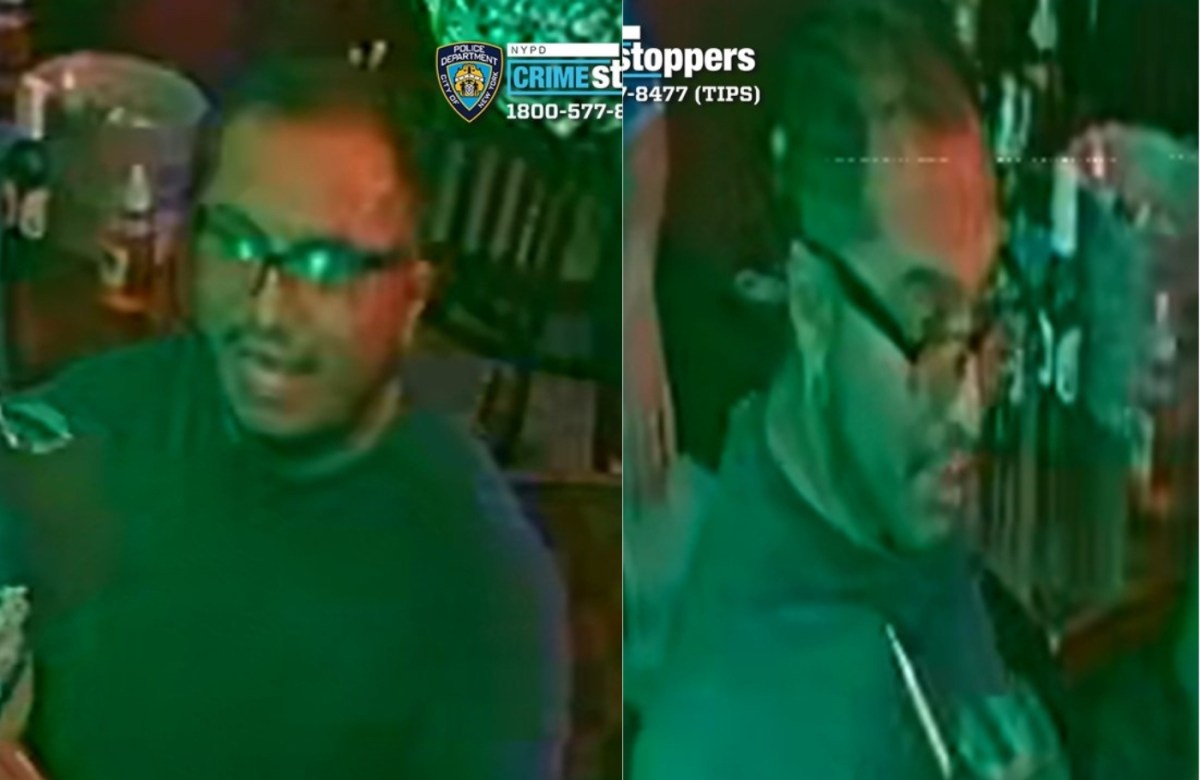KYIV (Reuters) – A full and comprehensive ceasefire between Ukrainian government forces and pro-Russian separatists that entered into force in eastern Ukraine on Monday has already been violated by separatists, Ukrainian military said.
Ukrainian, Russian and OSCE negotiators last week agreed on a full ceasefire in eastern Ukraine from Monday, putting on hold the military conflict that has claimed more than 13,000 lives since 2014.
“In the middle of the night, the enemy opened fire on the positions of Ukrainian soldiers from hand-held anti-tank grenade launchers and small arms, and … at noon they fired from automatic heavy-duty grenade launchers, heavy machine guns and small arms,” Ukrainian military said in a statement.
Ukrainian forces did not open fire in response, but on Sunday the defence ministry said in a statement that its forces “stand ready to give a proper rebuff to the enemy in case of violation of the agreements”.
The current ceasefire was backed by the presidents of Russia and Ukraine, Vladimir Putin and Volodymyr Zelenskiy, who agreed “the need for an urgent implementation of extra measures to support the ceasefire regime in Donbass”.
Zelenskiy has sought to resolve the conflict since his election last year, arranging a number of prisoner swaps.
“We are talking about the possibility of a real ceasefire on both sides,” the head of Ukraine’s joint forces operation Volodymyr Kravchenko told a televised briefing.
“The situation is stable and controlled,” he added.
The separatists’ DNA news agency said on Monday observers “did not record any violations of the ceasefire by the security forces of Kiev, starting from 00:01 on July 27 this year.”
Ukraine and Russia have been foes since 2014, when Moscow seized Ukraine’s Crimea peninsula and backed the rebellion in the east.
Major combat ended with a ceasefire agreed in the Belarus capital Minsk in 2015, but sporadic clashes still regularly kill civilians, Ukrainian soldiers and separatists.
(Reporting by Pavel Polityuk and Natalia Zinets, Editing by William Maclean and Hugh Lawson)

